A child’s development isn’t hinged on one aspect of growth — like physical health or emotional stability. Poverty doesn’t just attack one area of a child’s life. To help a child break free from poverty, we need to address every aspect of a child’s development. That’s why our program helps children develop in four key areas: physically, cognitively, emotionally and spiritually.
Today, let’s look at how our church partners help children develop cognitively.
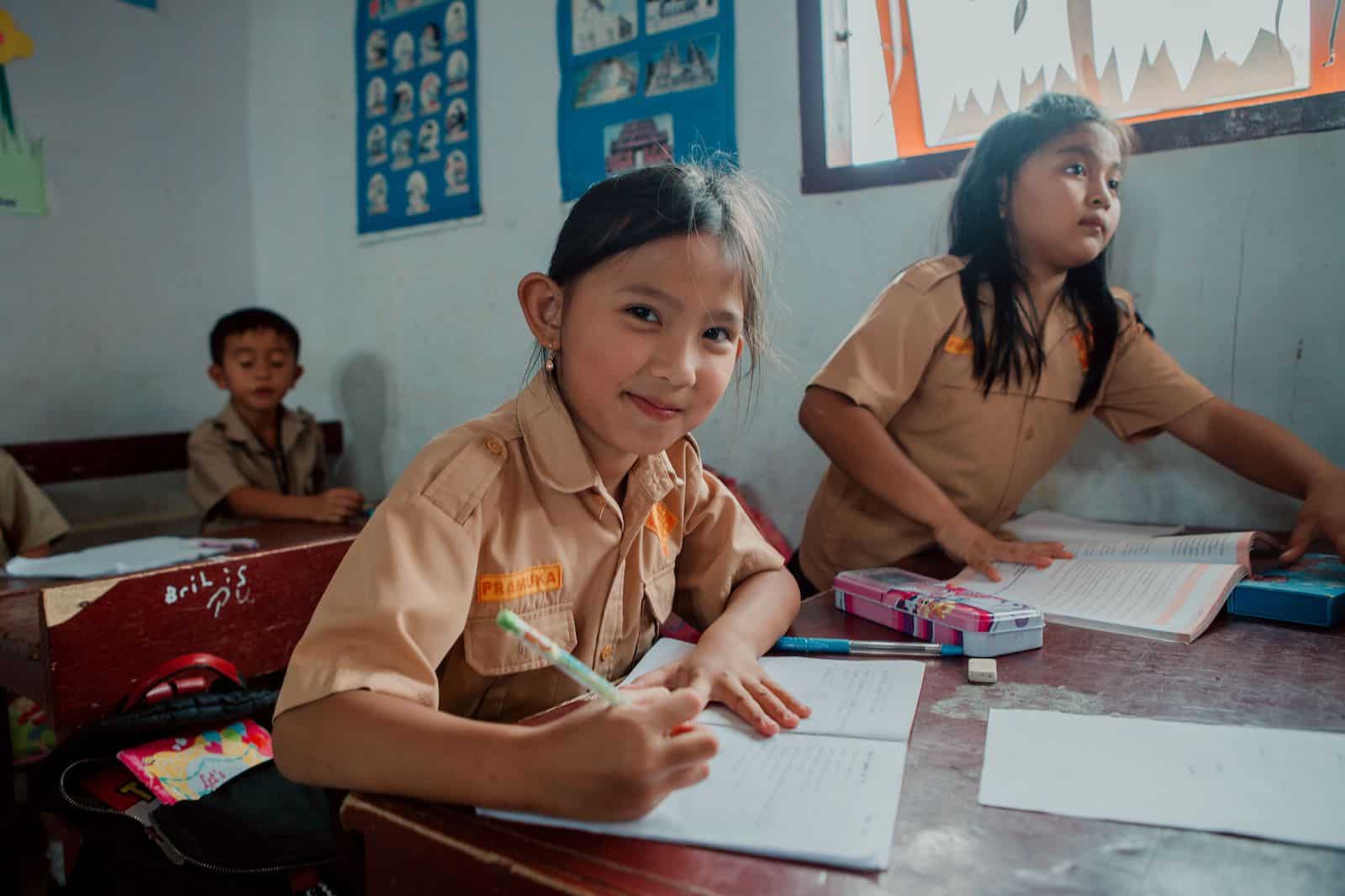
Many of the children we serve come from families where parents were unable to finish school, often due to a lack of resources. This limits employment options and often parents barely make enough to provide for their families. Without an education, their children follow in their footsteps, continuing the generational cycle.
When you sponsor a child, you’re ensuring he or she receives a primary school education and are helping to pay for things like school supplies, fees and uniforms. In the case of youth, sponsorship supplements the cost of secondary school education or, in situations where that isn’t feasible, provides them with alternatives like vocational training or access to apprenticeships.
But every child — and every situation — is different. That means sometimes, staff need to find creative ways to help children access an education.
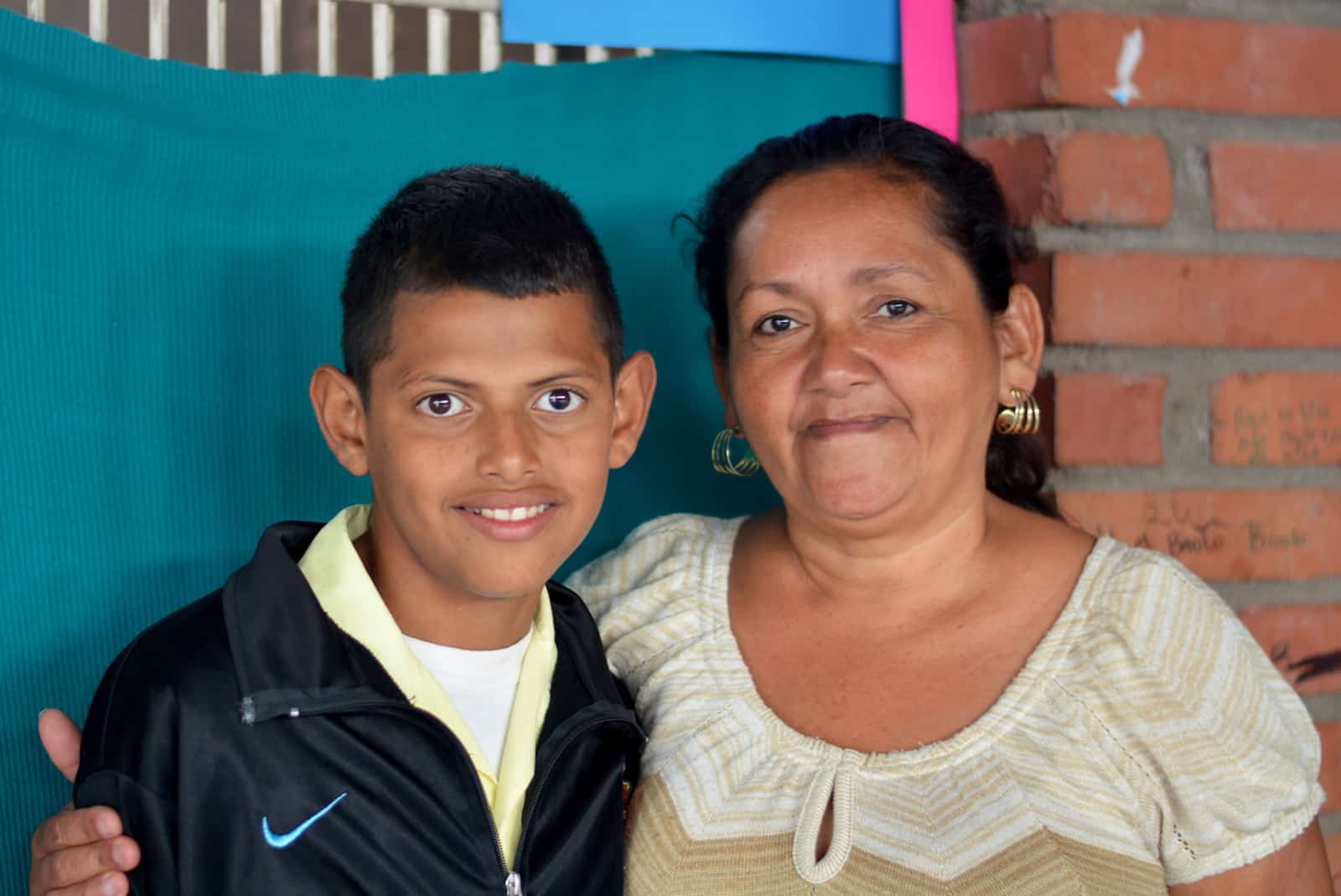
13-year-old David from Honduras has Attention Deficit and Hyperactivity Disorder (ADHD), and struggled with a speech impediment that inhibited his ability to communicate. He was so aggressive toward his peers and disruptive at school that at age ten, he was refused further enrollment. Unsure how to address his needs, the tutors at his Compassion center decided to take a course to learn how to better work with children with special needs.
In addition to helping them understand David’s needs and provide him with specialized care at the program, center staff helped David enroll at Juana Leclerc Private Institute, considered the best school in the area for children with special needs. With regular therapy, David has overcome his speech impediment and, through the school’s individualized approach, he now relates well with his classmates and is thriving at a grade-six level.
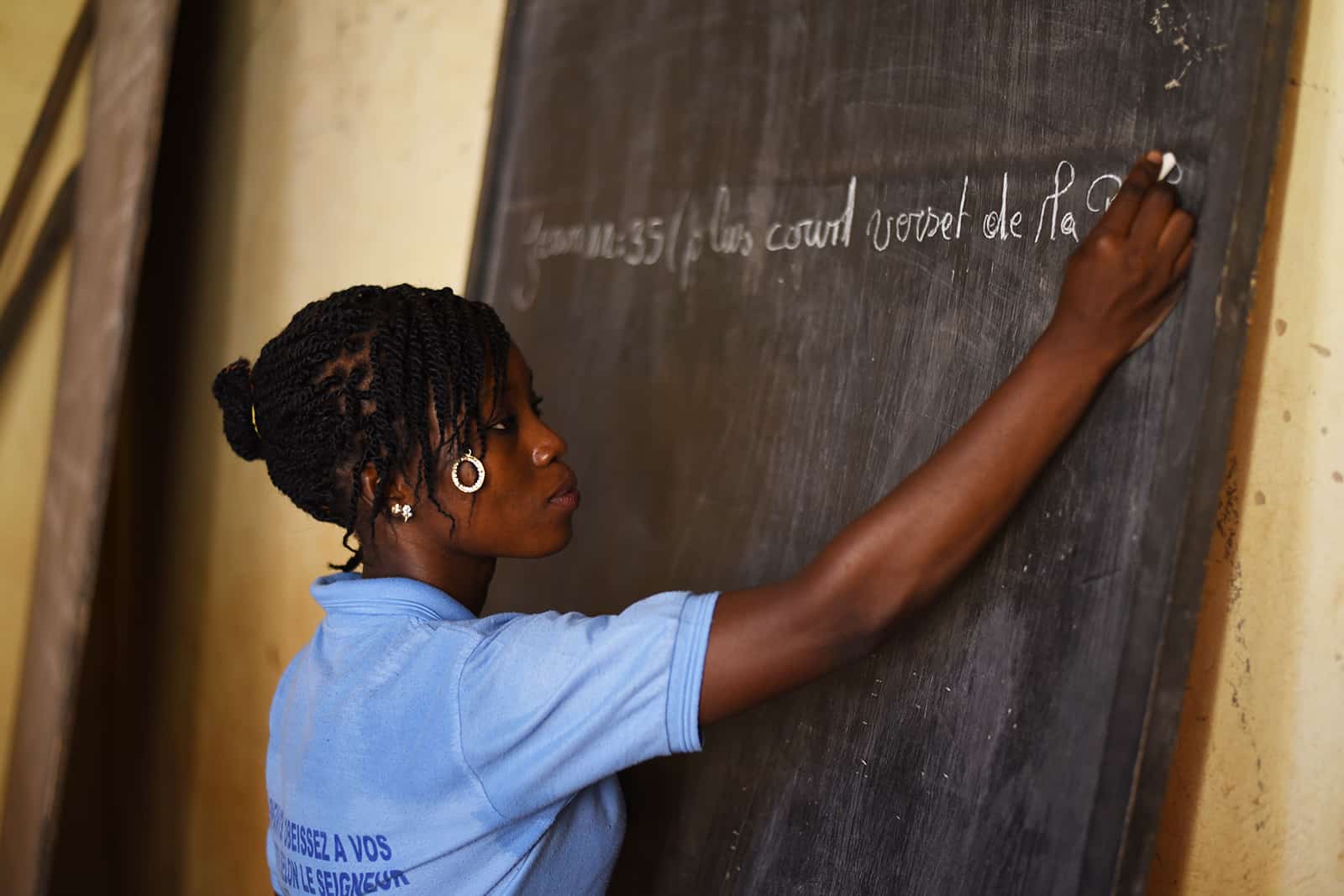
Carine from Burkina Faso was also able to access individualized education for her own circumstances. The 19-year-old high school student had to repeat grade ten due to poor marks. Most schools here are overcrowded with an average of 90 students per class, making it difficult for students to get one-on-one help with their schoolwork. Schools also lack basic infrastructure, resources and well-trained teachers.
But a few years ago, Carine’s Compassion center set up a library to support students in their studies, and now Carine, who is determined to not only improve her grades but to graduate and continue on to university, spends most of her time there studying. The center also organizes academic tutoring to support students like Carine who are preparing to take their exams.

Learning doesn’t just happen in a classroom. Income-generation workshops, like this baking course in Ecuador, teach valuable skills that not only give young people employable skills but help them decide what they might like to do when they graduate. Workshops are held for everything from welding to electrical work and carpentry, hairdressing, weaving, computer classes — whatever skills are in demand in that child’s community.
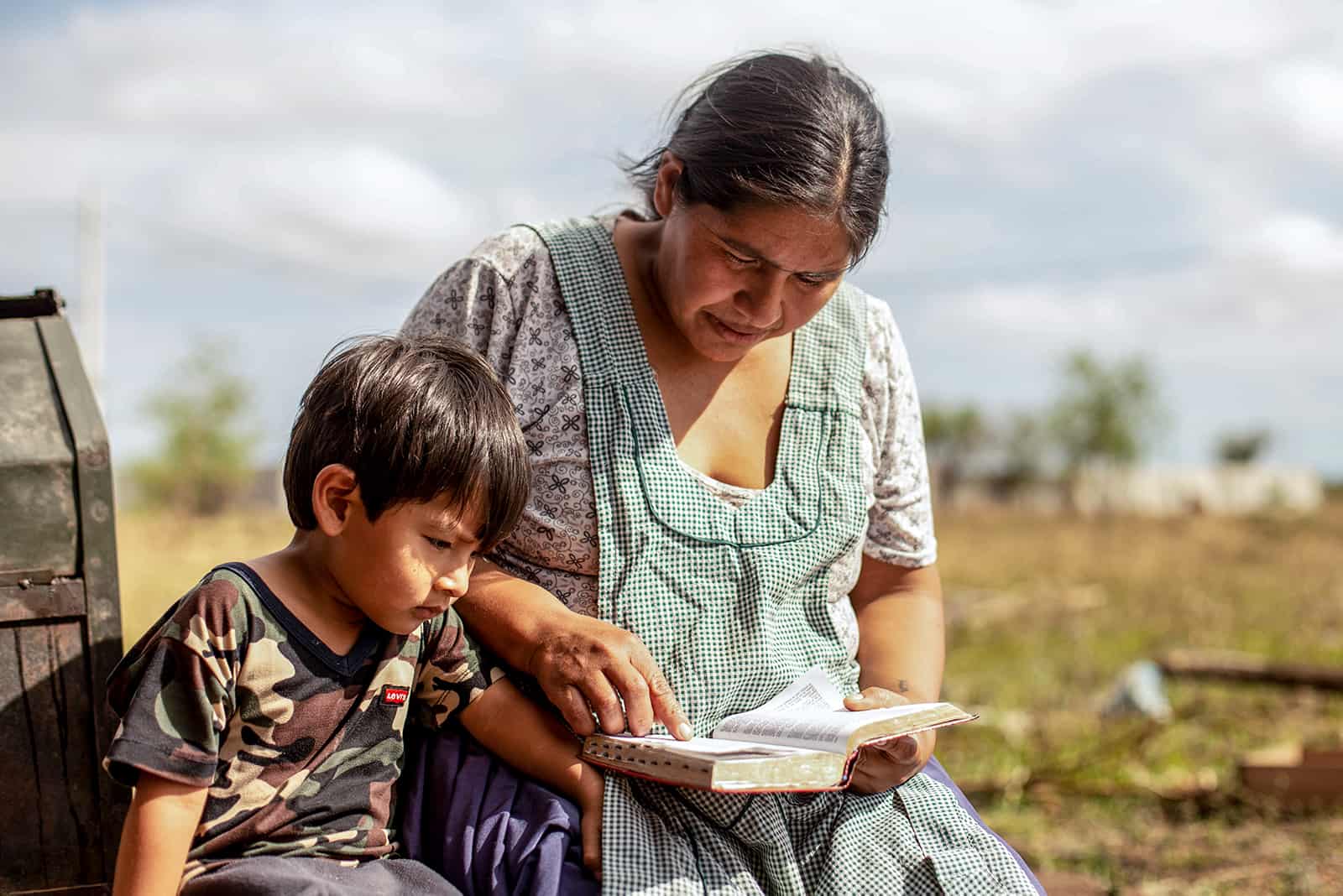
While our program focuses specifically on child development, we also recognize that helping parents improve their circumstances directly affects their child’s wellbeing. That’s why in communities where the need is great, our church partners might help provide literacy classes for parents. This mom, Aniseta from Bolivia, had to leave school in the second grade, but now she is learning to read through her son’s Compassion center!
Education isn’t just about finishing school. Parents who receive training in disease prevention can improve their family’s overall health. Communities who are educated about stigmatized diseases like Hepatitis or HIV are more likely to come forward and receive testing or treatment. Parents also learn how to prevent and treat common illnesses in their community.
These are just a few ways your sponsorship is helping a child develop to their full potential. Thank you for your continued support. It makes such a difference!
This article was originally published by Compassion Canada. Photos and reporting by Nico Benalcazar, Juana Ordonez, Galia Oropeza, Daniel Robson and JehoJakim Sangare.


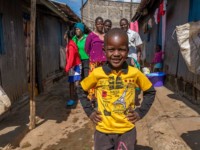




2 Comments |Add a comment
I’m new to being a sponsor, my parents have done it my whole life but this is the first time for me. I have two that I sponsor, today I came across a little girl that I knew God was telling me I needed to sponsor. On her bio under education it says (Needed Finances not Available). I have now spent a few hours looking through blogs to see if I could understand it better but I can’t. What does this mean for her, and is this common for sponsored children?
Thank you for sponsoring your three precious children, Sarah! We do see that finances are not available for educational purposes from time to time, but it is not necessarily common among all the children that are registered with us. Essentially, that means that this child’s family cannot afford to send them to school, but through our programs, this child will receive informal education and tutoring from their project. You are welcome to send us an email at [email protected] if you have any additional questions. We are happy to help!